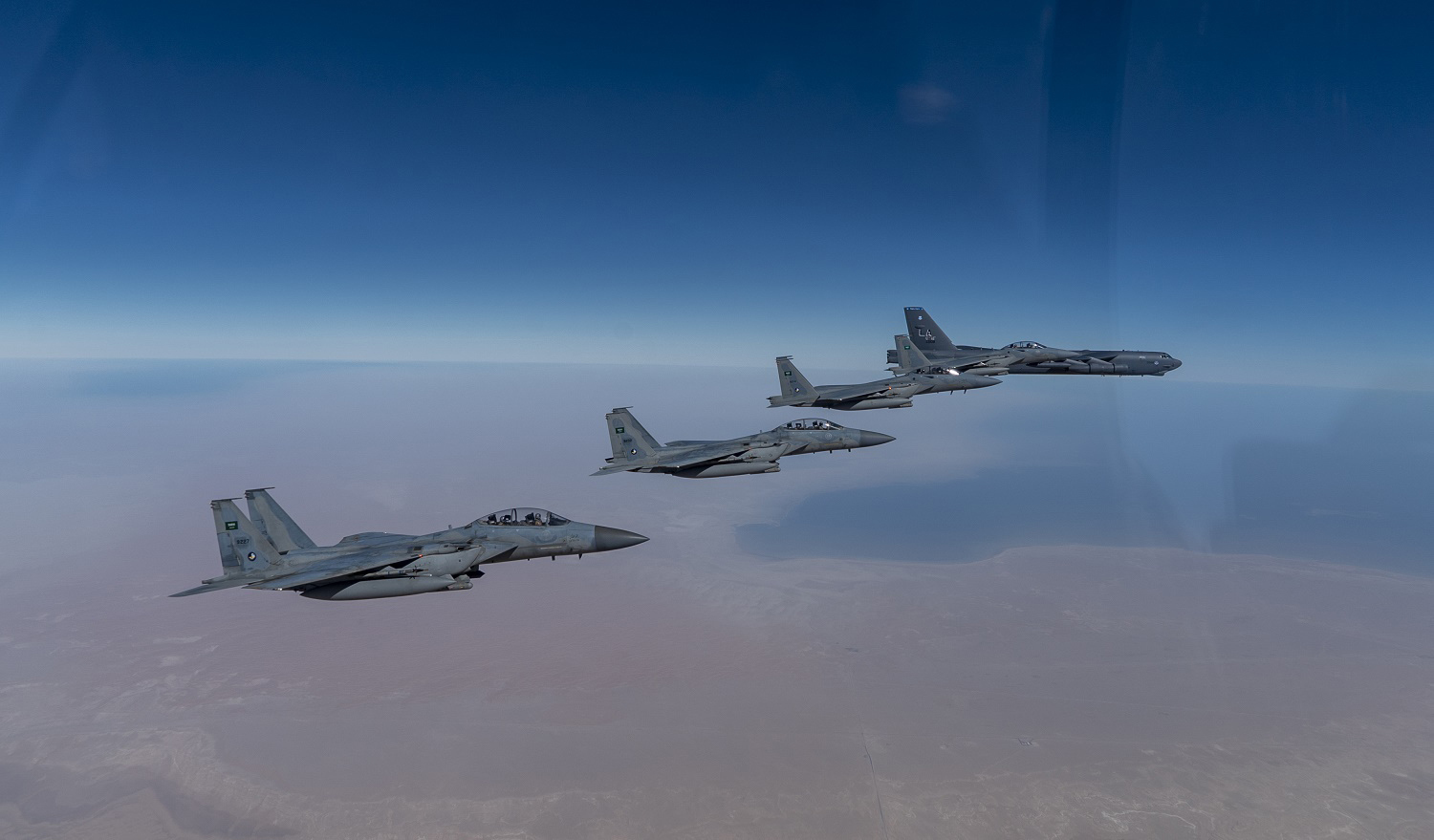
Could Israel and Saudi Arabia be on the cusp of a comprehensive American-brokered normalization agreement? The Biden administration certainly hopes so, and it has invested significant diplomatic capital in pushing a deal across the finish line. But there are two problems with this initiative. First, it may fail to materialize for very practical reasons. Second, even if the effort succeeds, it will not serve American interests—and may very well work against them.
On August 9, the Wall Street Journal reported that American and Saudi officials had agreed on “the broad contours” of a deal. While the White House denied that a framework is close at hand, the Biden administration continues to dispatch senior officials, like National Security Advisor Jake Sullivan, to the kingdom to confer with Crown Prince Mohammed bin Salman (MBS). The White House clearly views the diplomatic effort as worthwhile. “There are still ways to travel…but peace between Israel and Saudi Arabia will be a big deal,” Sullivan told reporters on August 22.
As the diplomatic process continues, some terms of the purported deal have emerged. In return for establishing diplomatic relations with Israel, the Saudis want various concessions, including concrete U.S. security guarantees, additional arms sales (on top of the $152 billion proposed since 2009), and support for a Saudi nuclear program. And Israel would have to provide some concessions to the Palestinian Authority (PA) if only to help MBS show the Arab world that he hasn’t abandoned the Palestinians.
In turn, Israel is asking the United States for a formal security agreement focused on deterring Iran. Meanwhile, Washington insists that Riyadh distance itself from Beijing in general and, in particular, deny Chinese access to its military facilities.
More on Middle East

Featuring William Walldorf
December 11, 2025

By Benjamin Friedman and Rosemary Kelanic
December 5, 2025

By Geoff LaMear
December 5, 2025

Featuring Rosemary Kelanic
December 2, 2025
Events on Middle East





